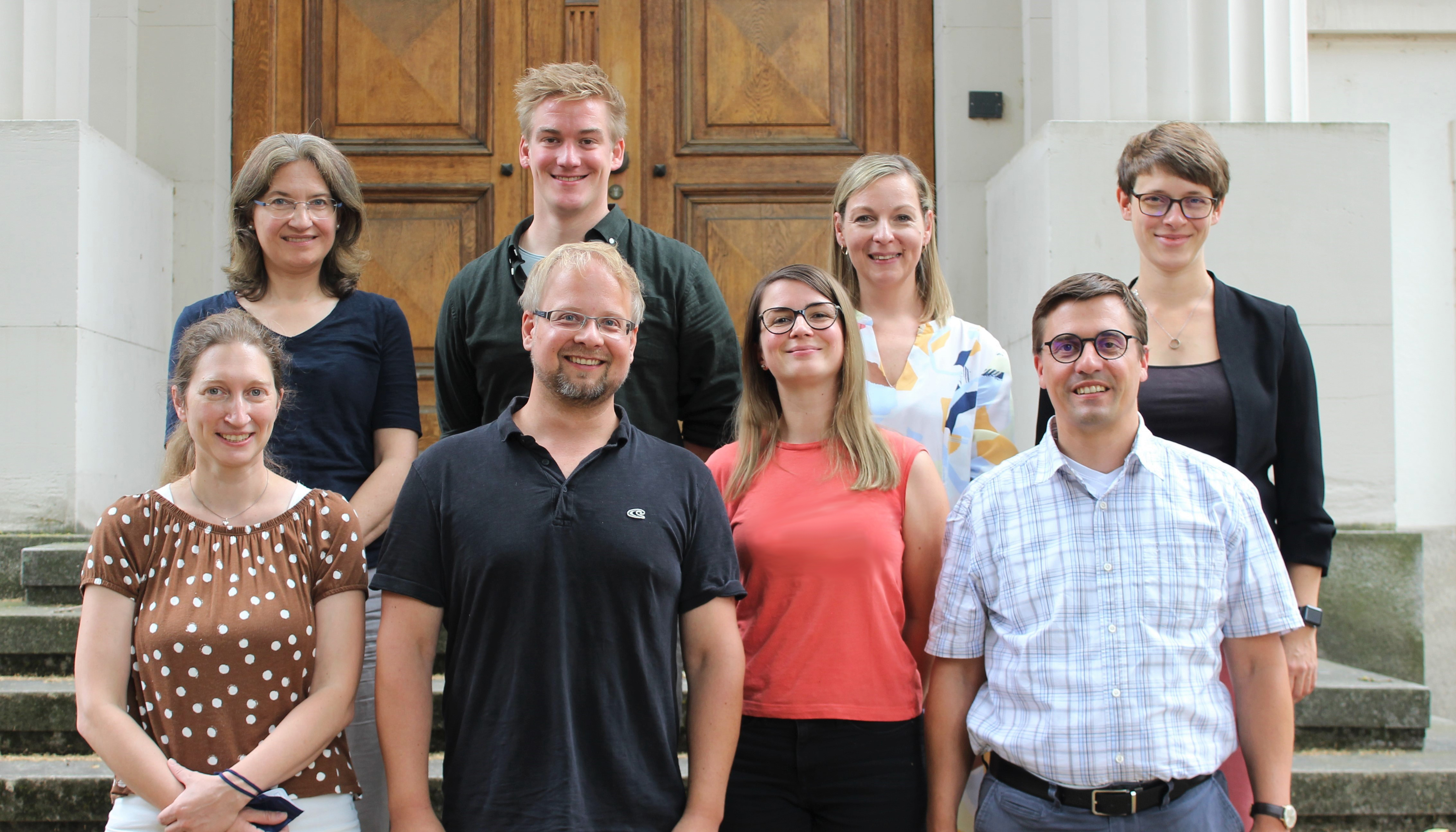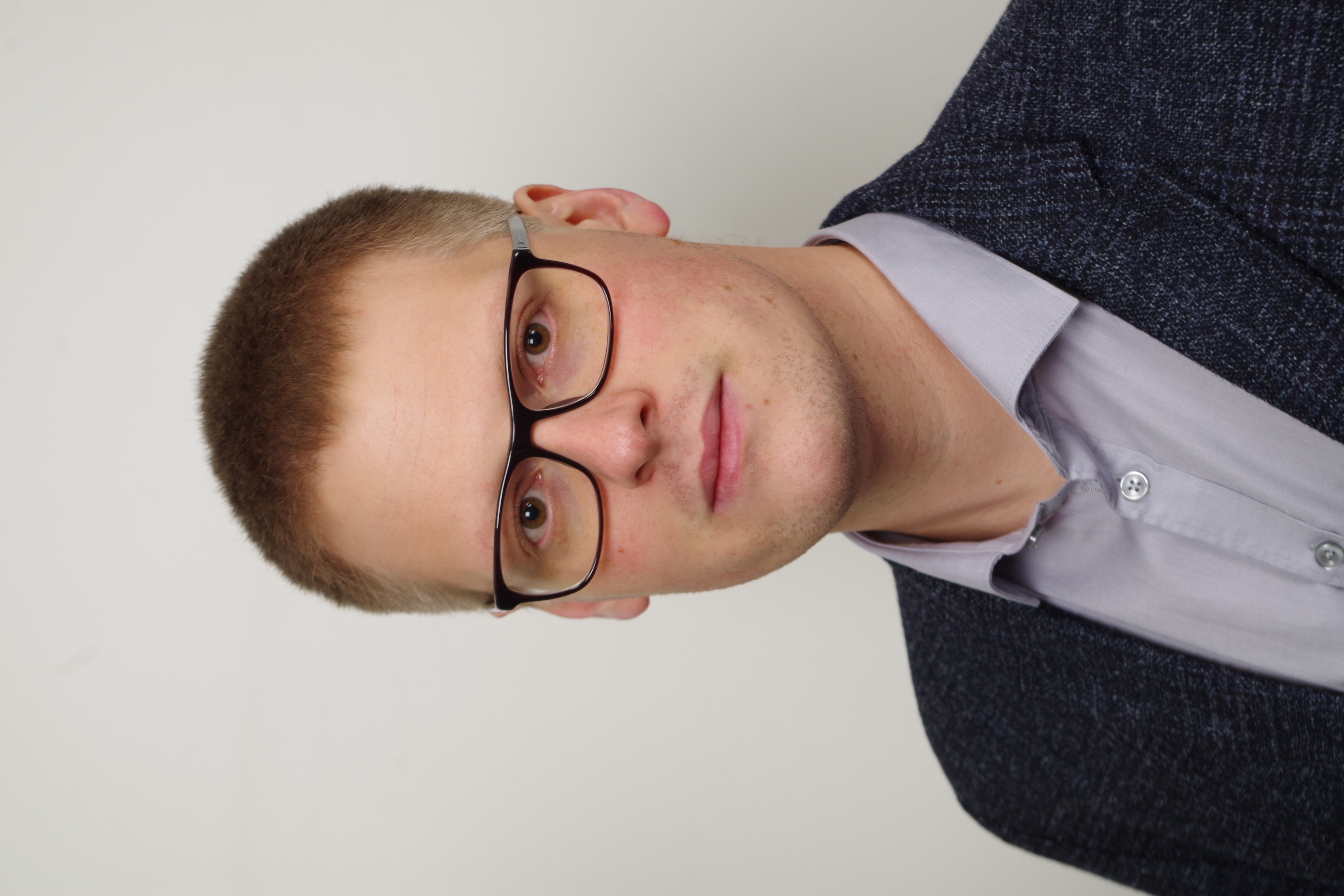Ursula M. Händel Prize 2022
The physician Dr. Michael Karl Melzer of the University of Ulm and the Würzburg Initiative 3R (WI3R), based at the Fraunhofer Translational Center Regenerative Therapies and the University of Würzburg, are to receive the Ursula M. Händel Animal Welfare Prize 2022 from DFG. Endowed with a total of €80,000, the prize is now being awarded for the ninth time to researchers who have brought about improvements in animal welfare in research based on the 3Rs principle. The three Rs stand for Replace, Reduce and Refine.
While Michael Karl Melzer is an early-career physician involved in both clinical work and scientific research, the Würzburg Initiative 3R (WI3R) is made up of a long-established team of scientists, namely Dr. Antje Appelt-Menzel, Dr. Gudrun Dandekar, Dr. Florian Groeber-Becker, Dr. Christian Lotz, assistant professor Dr. Marco Metzger, Dr. Maria Steinke and Dr. Daniela Zdzieblo.
Dr. med. Michael Karl Melzer
Dr. med. Michael Melzer
Michael Karl Melzer impressed the jury with his proposal to reduce the consumption of so-called basement membrane matrix such as Matrigel by using pig bladder, which is not generally processed for the production of meat in Germany. Basement membrane matrices are used for research into embryonic development and tumour formation, for example. They are produced in mice by transplanting tumour cells. Melzer was able to show in his studies that both pancreatic organoids and pancreatic carcinoma organoids can grow very well on pig bladder. Previously it was necessary to transplant the carcinoma cells into experimental mice for this purpose. Melzer aims to primarily use his prize money to advance his research in these areas.
He studied medicine at the Technical University of Munich and obtained his doctorate there in 2020. Since 2019 he has worked as an assistant physician at the Department of Urology and Paediatric Urology at the University Hospital of Ulm. In addition to his clinical work, he has already published eight papers as a postdoc – an outstanding achievement given his career stage. Melzer is currently doing research into stem cell-based systems to better understand cancer development in the pancreas.
About
Würzburg Initiative 3R (WI3R)

wi3r

Würzburg Initiative 3R (WI3R): (l-r. t.) Dr. Gudrun Dandekar, Dr. Christian Lotz, Dr. Daniela Zdzieblo, Dr. Antje Appelt-Menzel, Dr. Sarah Nietzer (Team Onkology with Dr. Dandekar), Dr. Florian Groeber-Becker, Dr. Maria Steinke and PD Dr. Marco Metzger
Würzburg Initiative 3R (WI3R): (l-r. t.) Dr. Gudrun Dandekar, Dr. Christian Lotz, Dr. Daniela Zdzieblo, Dr. Antje Appelt-Menzel, Dr. Sarah Nietzer (Team Onkology with Dr. Dandekar), Dr. Florian Groeber-Becker, Dr. Maria Steinke and PD Dr. Marco Metzger
In its application, the Würzburg Initiative 3R (WI3R) presented the development and application of six in vitro models of the barrier organs skin, cornea, intestine, blood-brain barrier and lung as well as solid tumours: these serve to implement the “replacement” element of the 3R concept. The models are already widely used in infection and cancer research, for example, as well as in the testing of cosmetics, food supplements and medical products such as drugs and vaccinations. With the prize money, the team will seek to establish a 3R network, initiate scientific meetings and sponsor small-scale projects.
For more than ten years, the Würzburg Initiative 3R (WI3R) has been working on the highly complex modelling of disease processes and the testing of drug effects in ways which avoid animal experiments. One common underlying feature here is the goal of mimicking barrier functions of the body in vitro. The results achieved are of high technical quality and relevance to the application, as evidenced by a large number of publications in renowned international journals.
